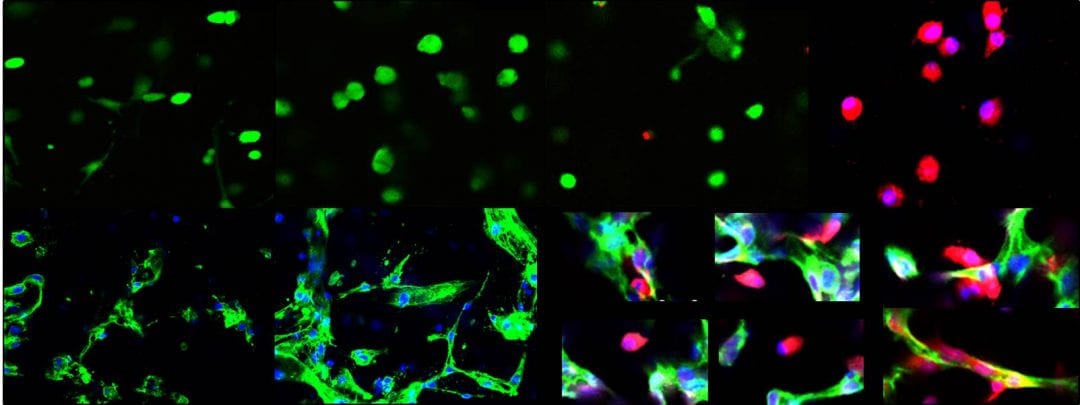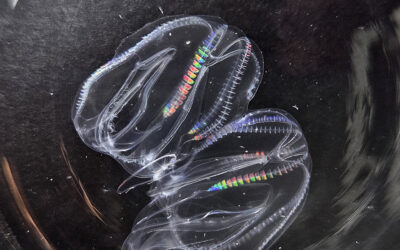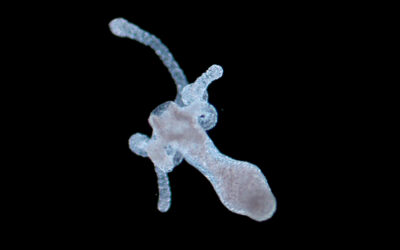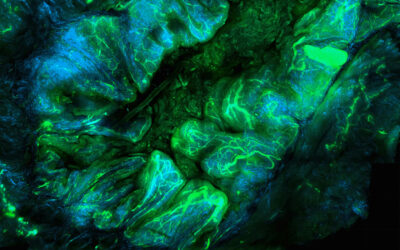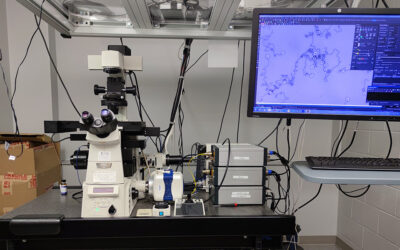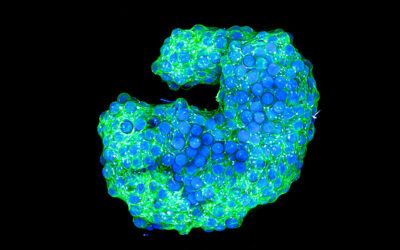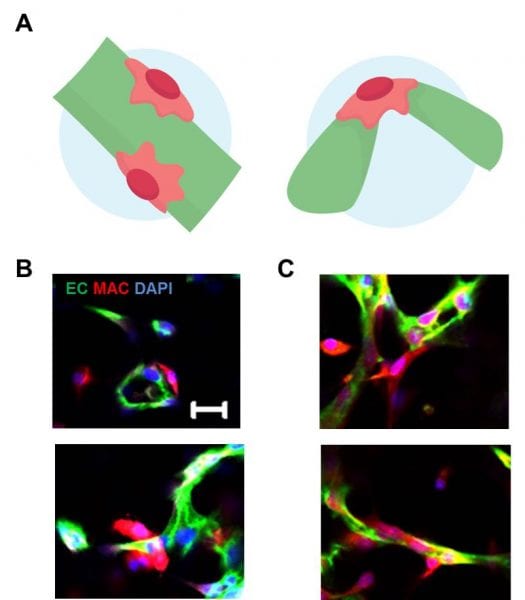
The two types of interactions between macrophages and endothelial cells depend on co-culture conditions.
Researchers from Duke University recently demonstrated that macrophages are capable of enhancing tubule volume when co-encapsulated with endothelial cells in a 3D bioactive hydrogel. They further used this bioactive hydrogel platform to investigate macrophage response to and interactions with endothelial cells within the context of blood vessel development.
They found that macrophages responded to the presence of endothelial cells by altering their morphology in a proximity dependent manner. In addition, two types of interactions between macrophages and endothelial cells were demonstrated in this system: a pericyte-like association and a bridging association.
These findings suggest that both soluble signaling and cell-cell contacts govern the ability of macrophages to influence vessel development. This work presents a novel perspective in which macrophages can be used to promote tissue engineering and regenerative medicine efforts within a 3D reductionist scaffold.
This work contributes to the growing field of immune engineering by exploiting the roles of macrophages in vessel formation and can be applied to the fields of immunology, cellular engineering, tissue engineering and regenerative medicine.

